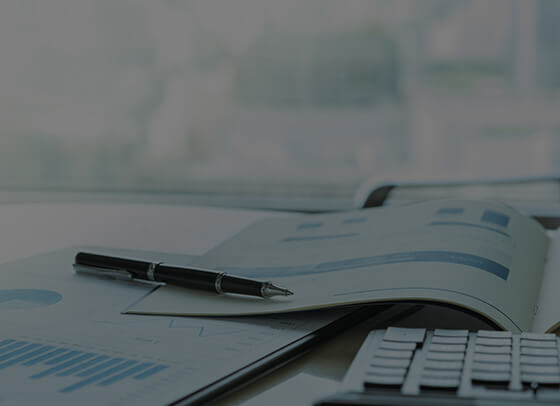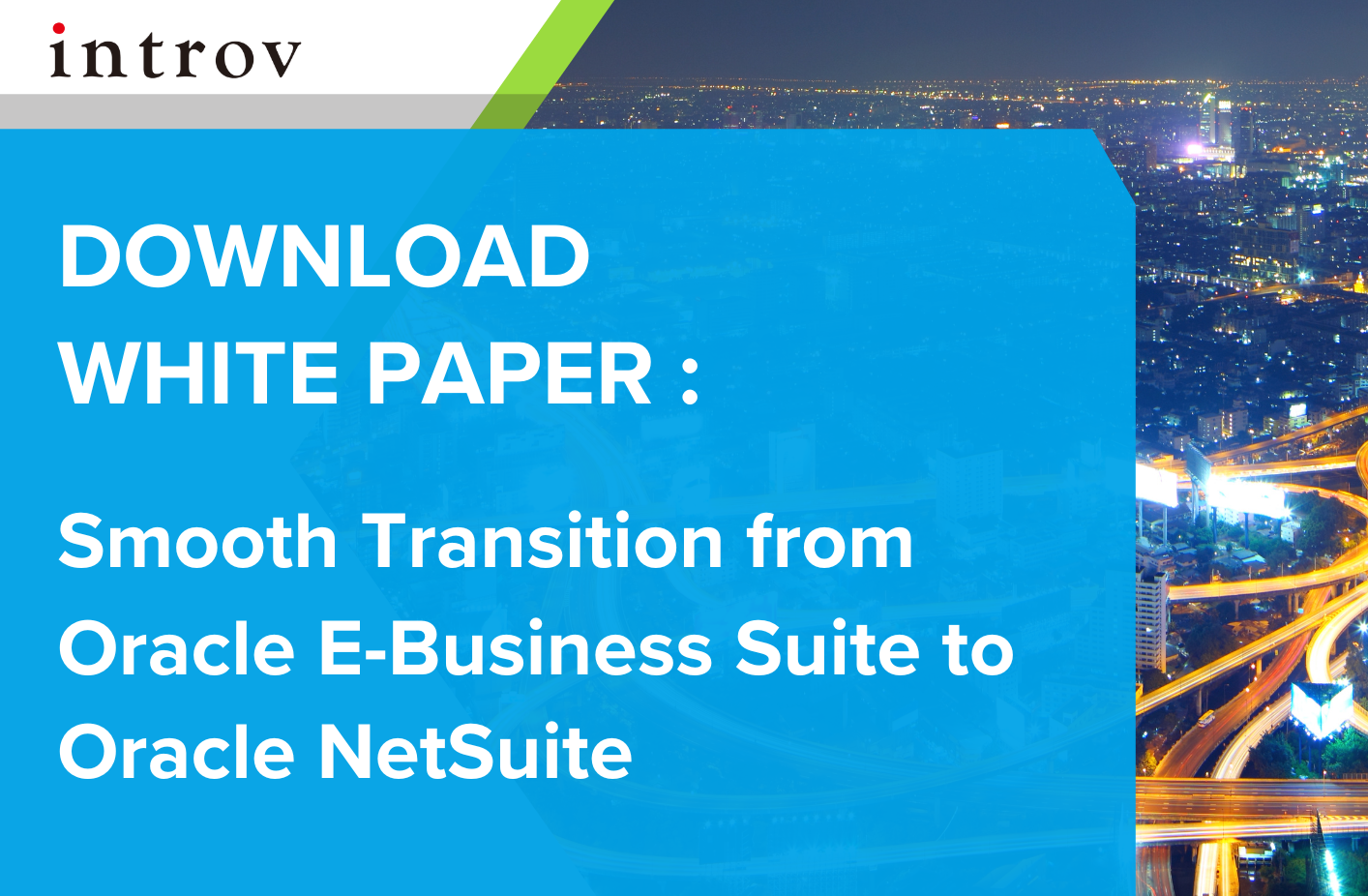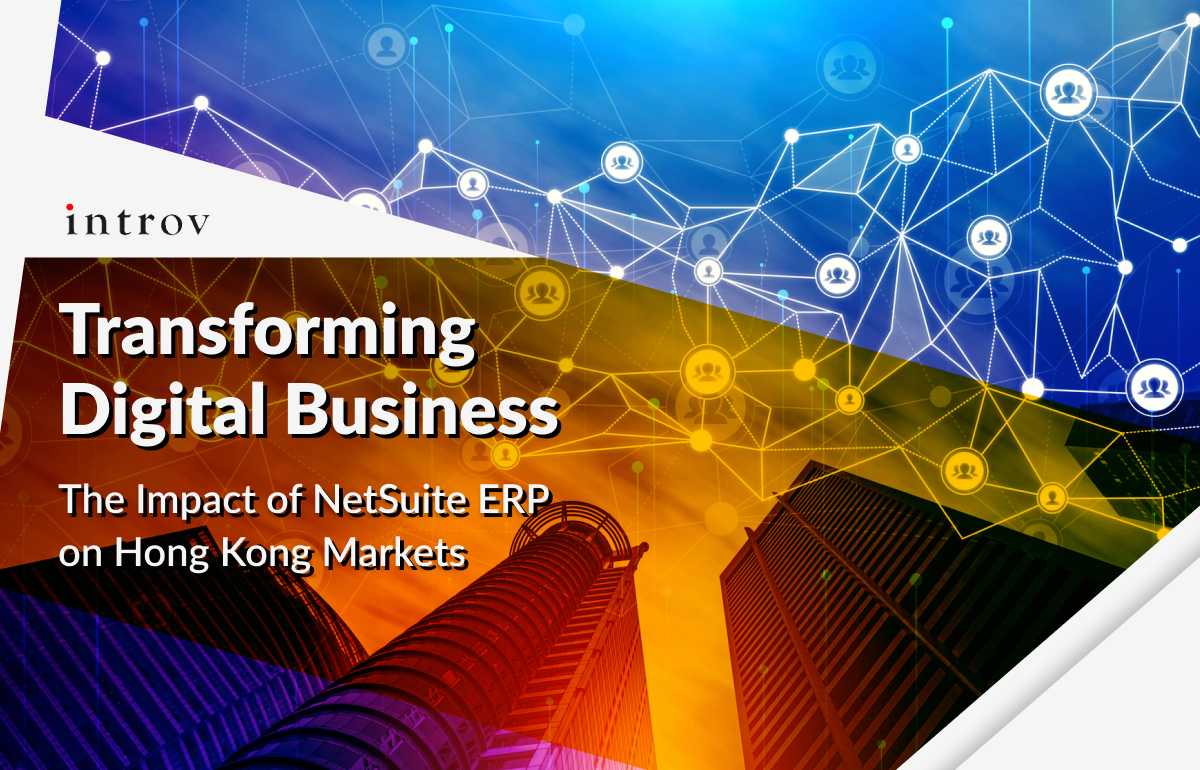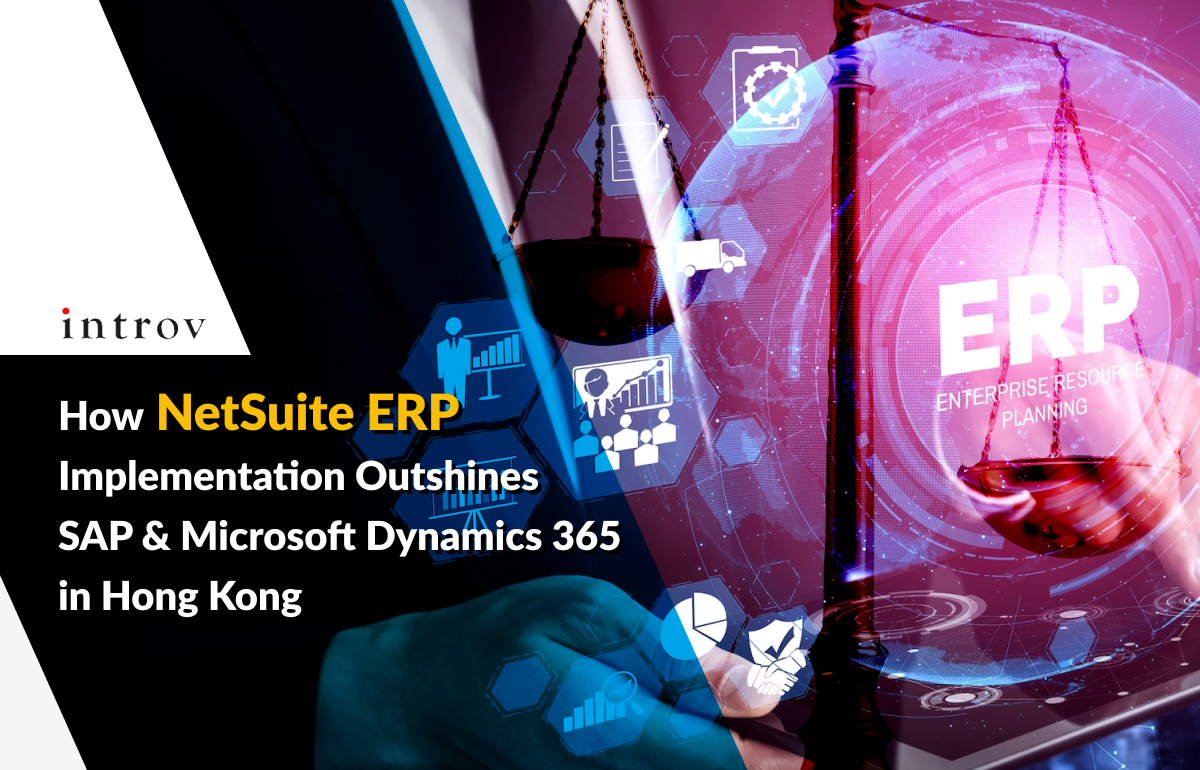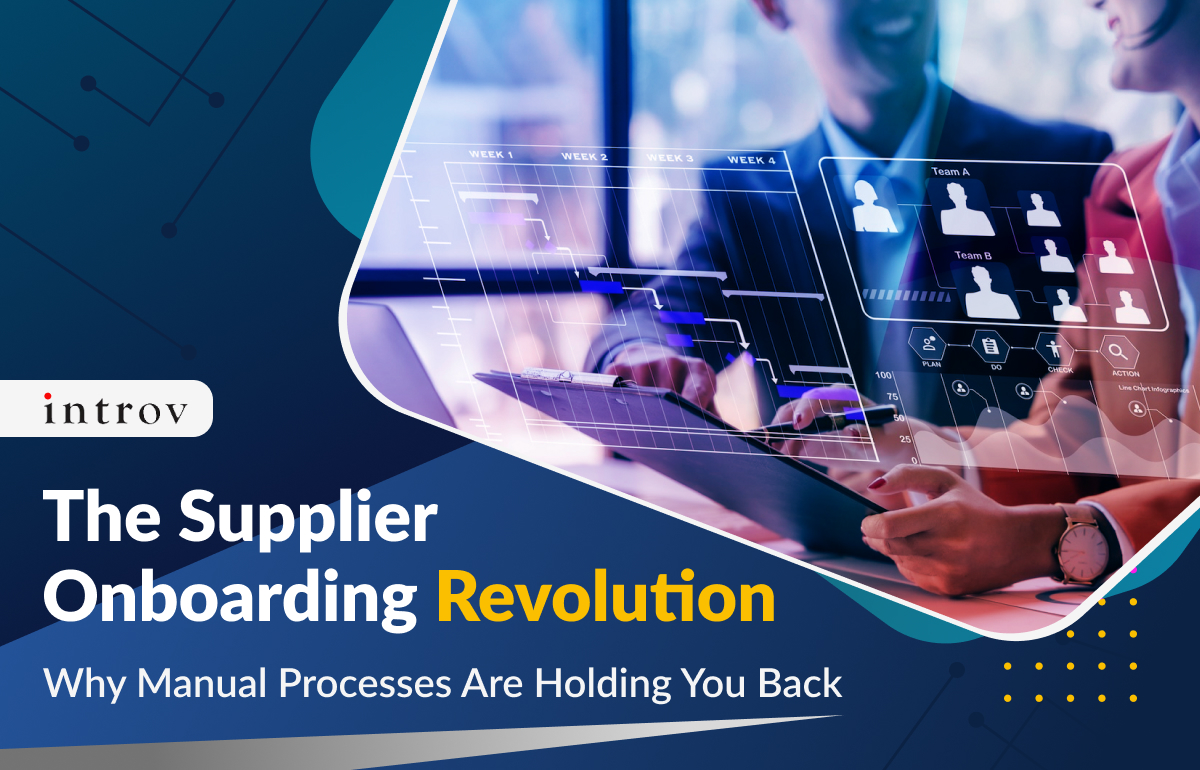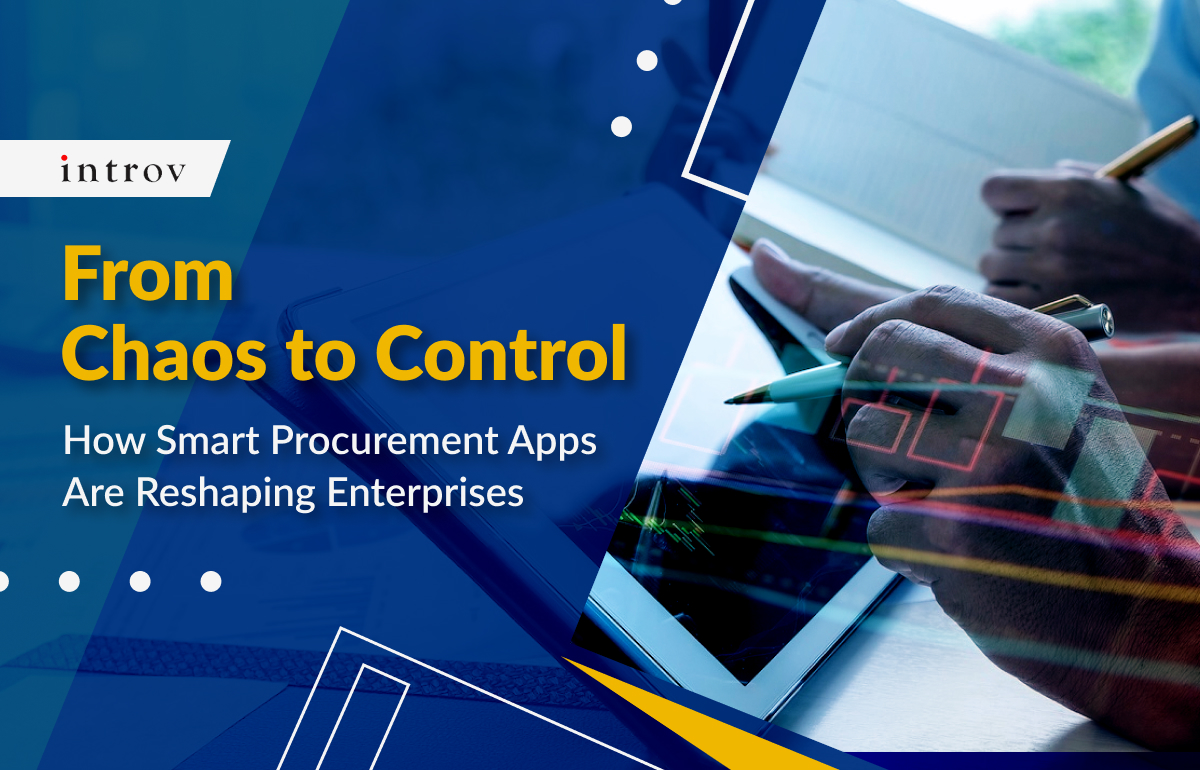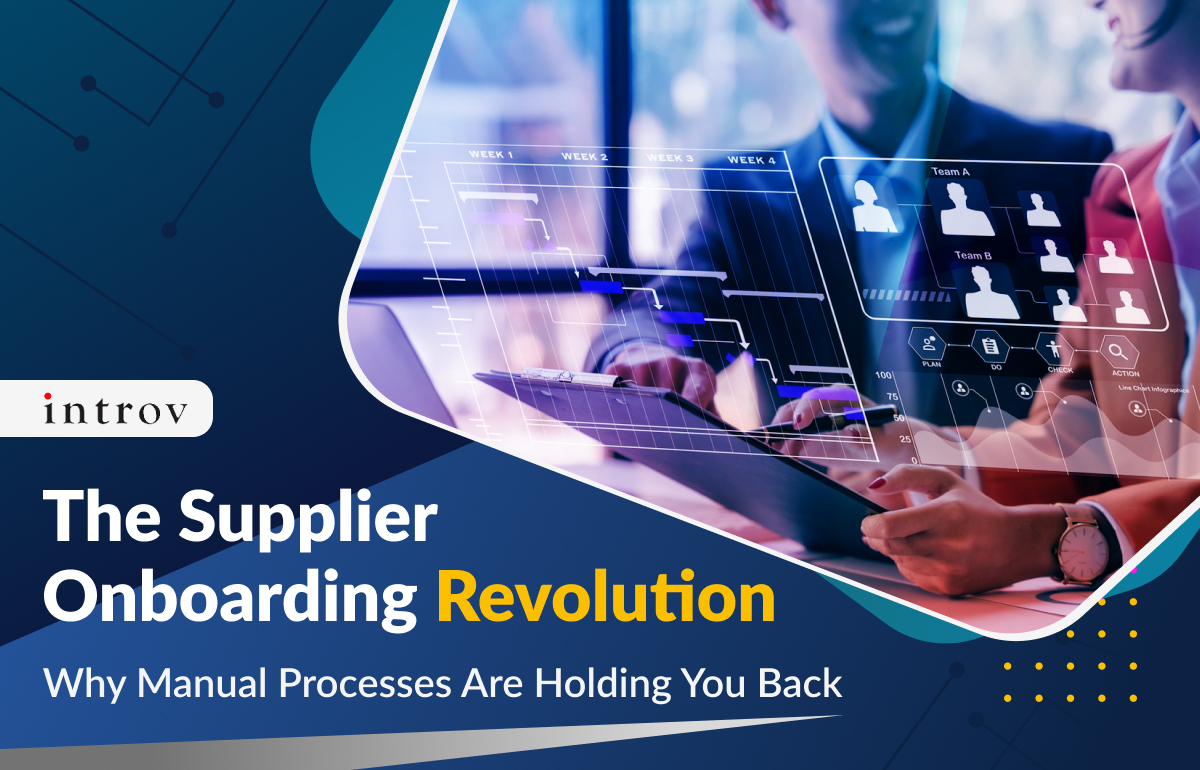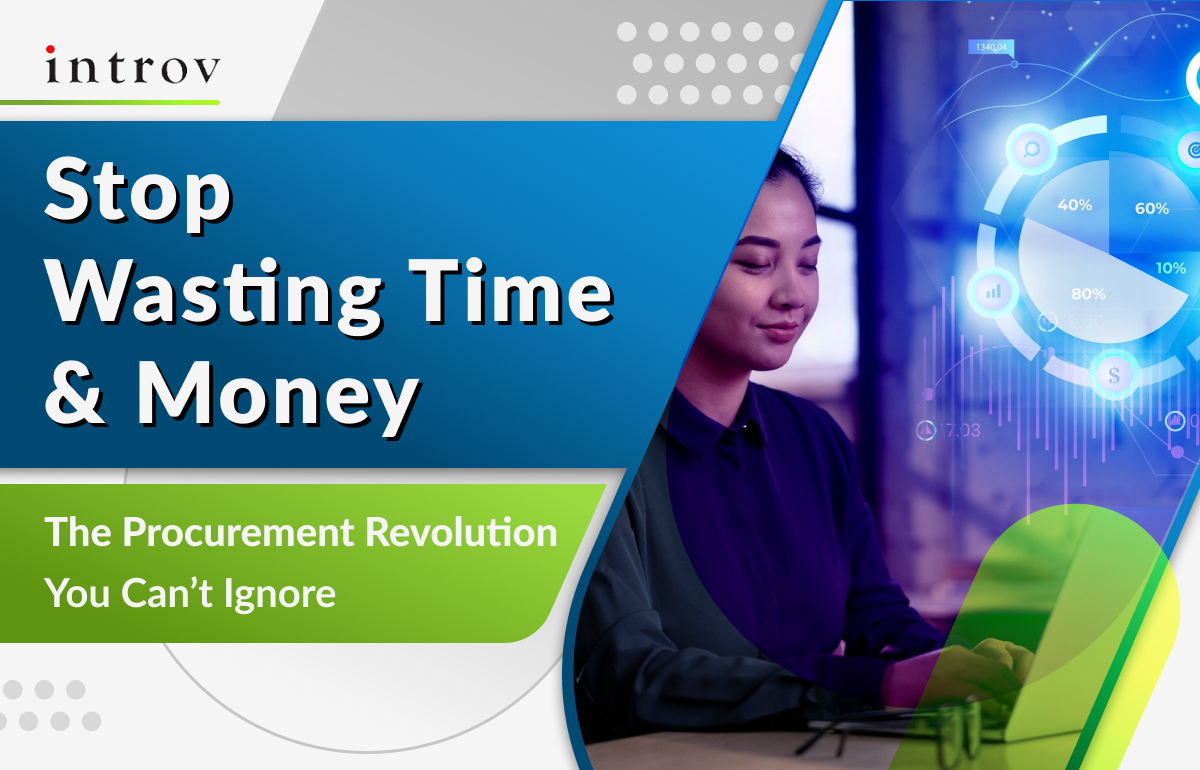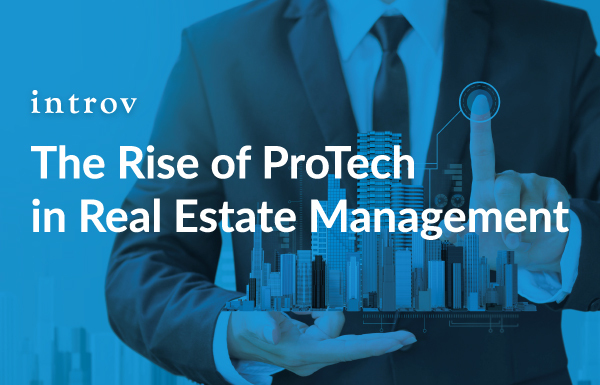
As a property manager, you likely know that the real estate industry is in the midst of a digital transformation. Tenants today expect convenient, tech-enabled living experiences, and property owners demand data-driven insights and cost efficiencies. To meet these changing needs, real estate professionals are adopting property technology or “PropTech” solutions at a rapid pace. From smart home devices and building automation systems to cloud-based property management software, technology is streamlining operations, optimizing resources, and enhancing the resident experience. For property managers looking to gain a competitive edge, understanding the rise of PropTech is essential. By leveraging the latest digital tools, you can drive real-time visibility into your properties, make data-informed decisions, achieve significant cost savings, and ultimately, boost NOI. The future of real estate is technological, and as a property manager, you have the opportunity to lead the way.
The Digital Transformation of Real Estate Management
The real estate industry is undergoing a digital transformation, with property technology (PropTech) solutions reshaping how properties are managed. Property managers are adopting software, Internet of Things (IoT) devices, and smart building technologies to improve operations, meet tenant needs, reduce costs, and increase efficiency.
Property management software provides a centralized platform to handle core functions like lease administration, work order management, and accounting. Cloud-based solutions offer real-time data visibility across portfolios, enabling data-driven decisions. IoT sensors and smart home devices can automate unit access, monitor unit conditions, and gain tenant insights.
Tenants today expect a seamless digital experience. Online portals give tenants self-service options to pay rent, submit maintenance requests, and sign documents electronically. Smart home features like smart thermostats and smart locks also appeal to tech-savvy tenants.
Automating manual processes with technology leads to significant cost savings and productivity gains. Work order management systems schedule contractors more efficiently. Accounting software reduces billing errors and automates rent collection. Smart sensors diagnose building system issues before costly damage occurs.
The real estate industry’s adoption of PropTech solutions signals a move toward smarter, more connected, and responsive property management. While an initial investment may be required, the long-term benefits to operations, tenant satisfaction, cost management, and portfolio oversight make for a compelling case to go digital. The future of real estate management is high-tech, data-driven, and always-on.
Adopting Property Management Software for Improved Operations
Property management software provides an automated system to handle essential operational tasks like tenant communication, rent collection, work orders, and lease administration. ###
Adopting a dedicated property management solution can significantly improve operational efficiency. Software automates manual processes, provides real-time data visibility, and encourages data-driven decision making. For example, cloud-based software gives property managers a centralized platform to view key metrics like occupancy rates, rent collection, and work order status across all properties. This high-level insight helps identify areas for improvement.
Property management platforms also facilitate tenant communication and service. Online portals give tenants a self-service channel to pay rent, submit maintenance requests, and sign legally-binding digital leases. Push notifications and SMS alerts keep tenants informed about community events, rent due dates, and maintenance updates. These technologies meet the demand for convenient, transparent service.
Digitizing and centralizing records in a property management system establishes a single source of truth for critical data. Electronic records are more secure, accessible, and easily searched compared to paper files. Data can also be exported to provide real-time business intelligence and drive long-term planning. For example, historical occupancy, rental, and expense data helps forecast future revenue and set competitive rental rates.
In summary, property management software provides technological solutions for daily operational and financial management. Adopting dedicated software helps property managers improve transparency, increase efficiency, reduce costs, and deliver an elevated tenant experience. As tenant needs and industry standards continue to advance, property technology will become increasingly critical to stay competitive.
Implementing IoT and Smart Building Solutions
Implementing IoT and Smart Building Solutions
As technology advances, property managers are increasingly turning to the Internet of Things (IoT) and smart building solutions to improve operations. ###IoT Devices
IoT devices like smart thermostats, lighting controls, and security systems provide property managers real-time data and remote management capabilities. Smart thermostats can automatically adjust the temperature for optimal energy efficiency and tenant comfort. Smart lighting systems allow managers to control, schedule, and monitor lighting remotely. IP-based security cameras provide 24/7 monitoring and alerts.
Smart Building Platforms
Smart building platforms aggregate data from IoT devices onto a single dashboard. This gives managers insights into how the building and its systems are operating in real time. They can identify inefficiencies, schedule predictive maintenance, and gain visibility into tenant usage patterns. Smart building platforms may also integrate with property management software for a more seamless experience.
Benefits of IoT and Smart Buildings
Implementing IoT and smart building solutions provides significant benefits to property managers and tenants. For managers, these technologies can:
- Reduce costs through energy efficiency, predictive maintenance, and automation.
- Improve visibility into building operations for data-driven decision making.
- Enhance tenant experience and satisfaction through customized, connected spaces.
For tenants, the benefits include:
- Increased comfort and convenience from smart thermostats and lighting controls.
- Heightened security with IP camera systems and smart locks.
- Simpler connectivity in tech-forward, future-ready buildings.
As tenant needs and expectations continue to evolve in today’s digital age, IoT and smart building solutions will transform residential and commercial properties into connected, cognitive spaces. Property managers should evaluate options to determine which technologies can most benefit their operations and tenant experience. With strategic implementation, IoT and smart buildings promise to optimize efficiency, increase transparency, and elevate service—all while adding value for owners, managers, and occupants alike.
Meeting Changing Tenant Expectations With Technology
To meet the changing needs and expectations of today’s tech-savvy tenants, property managers must leverage innovative technologies. ###Automated Solutions
Property management software and smart building platforms can automate repetitive, time-consuming tasks like rent collection, maintenance requests, and lease renewals. These solutions reduce human error, accelerate workflows, and provide real-time data and analytics to optimize operations.
IoT and Smart Home Devices
Internet of Things (IoT) devices like smart thermostats, lighting controls, and security systems allow tenants to customize their unit preferences remotely. Smart home features also appeal to tenants seeking convenience and connectivity. By investing in smart apartment technology and IoT infrastructure, property managers can attract and retain tenants willing to pay premium rates.
Data-Driven Insights
Advanced data analytics derived from property management platforms, IoT devices, and smart building systems provide actionable insights into tenant preferences and building performance. Metrics on utility usage, foot traffic, and tenant renewals help property managers make data-driven decisions to reduce costs, increase revenue, and improve the tenant experience.
Personalized Service
Technology allows property managers to provide customized, on-demand services for each tenant. Online portals and mobile apps give tenants 24/7 access to pay rent, submit maintenance requests, and renew leases on their own schedule. Smart home features can also be tailored to individual tenants’ needs and adjusted remotely as required. Personalized, self-service options build tenant satisfaction and loyalty.
By leveraging innovative solutions, property managers can gain operational efficiencies, generate new revenue streams, and deliver an exceptional tenant experience. Technology paves the way for the modern, service-oriented property management model that both tenants and owners demand.
The Benefits of Data-Driven Decision Making for Property Managers
For property managers, data-driven decision making has significant benefits. By leveraging analytics and key performance indicators (KPIs), managers gain real-time visibility into operations and insights that inform strategic planning.
Streamline Processes
Digitizing and automating manual processes with property management software enhances efficiency. Workflows are optimized, and resources are allocated effectively based on data analysis. This reduces costs through time saved and minimizes human error.
Improve the Tenant Experience
Data analysis provides an in-depth understanding of tenant needs, preferences, and pain points. Surveys, reviews, and feedback are analyzed to gain actionable insights and make improvements that positively impact the tenant experience. Satisfied tenants are more likely to renew leases, reducing vacancy rates and increasing property value.
Drive Predictive Decision Making
Analyzing historical data, trends, and KPIs enables predictive modeling and data-driven forecasting. Managers can anticipate challenges, detect anomalies, and gain insights to mitigate risks. Budgets, staffing levels, maintenance, and capital expenditures are optimized based on predictive analysis.
Increase Property Value
Data-driven management has a significant impact on net operating income (NOI) and property value. Streamlined operations, reduced costs, high tenant retention, and predictive planning all contribute to maximizing NOI. The property is also perceived as well-managed by investors and buyers, commanding a higher sale price.
While the initial investment in technology and resources may seem costly, the long-term benefits of data-driven decision making far outweigh the costs. Property managers gain a competitive advantage through optimized operations, cost savings, reduced risk, and increased property value. Overall, data is key to driving growth, innovation, and success in modern property management.
Conclusion
As you have seen, the real estate industry is undergoing a technological revolution that is transforming how properties are managed and buildings are operated. From smart home devices to predictive analytics, proptech innovations are enhancing the tenant experience, optimizing business processes, and enabling data-driven decisions. By embracing these advanced solutions, property owners and managers can gain a competitive edge through improved operational efficiency, reduced costs, and an elevated level of service. The rise of proptech is fast-approaching, and companies that get on board now will be poised to thrive in the future of real estate. The digital age is here, and the possibilities for innovation are endless. What was once a vision of the future is now a reality – technology has officially changed real estate for good.




